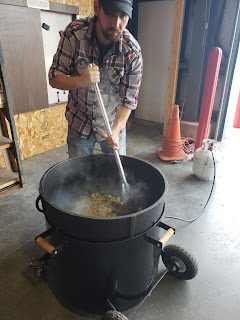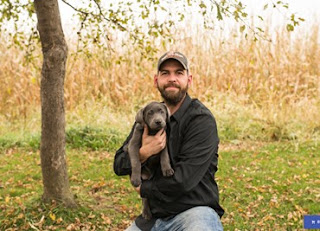What do veterans do, and exactly who are they?
Veterans are those who have served in the United States armed forces. There are two kinds of veterans: those who served in the National Guard and those who served on active duty. Both groups face different problems, but they both play essential roles in protecting our country.
Veterans who served during a time of war may be able to get active-duty service as a benefit. Among these are World War II, the Korean War, and the Gulf War. Veterans who served for at least 24 months on active service are eligible for this benefit. There are also different rules for civilian service that is interrupted by service in uniform.
Title 37 of the United States Code says what active-duty service means for veterans. It includes training full-time, doing military work, and going to service schools. For retirement purposes, these services count for the total amount. The National Oceanic and Atmospheric Administration and the Public Health Service are also part of the Armed Forces.
Veterans who served at least three years on active duty and got out of the military on good terms are eligible for preference. You might also be able to get a special appointment that doesn't involve competition.
Members of the Reserve and National Guard can get a number of benefits. These include DIC, dependent and indemnity compensation, and disability compensation. Depending on the type of service, people may have different rights.
When deciding if a member of the reserve or guard is a veteran, the VA looks at a number of things. This includes service during wartime, basic training, and disabilities caused by service. Also, the length of time a member of the reserve or guard was called to active duty is taken into account.
Veterans' benefits are not available to members of the National Guard or Reserve who are not called to active duty. But when they are called to active duty, they can get some benefits from the VA.
The National Guard and Reserve forces can get other benefits in addition to these services. State Active Duty gets the Guard and Militia ready to help out in times of state emergencies.
A person who served in the military during the Vietnam War is called a "draft-era veteran." The Selective Service System was also named the military draft at this time.
People get out of the draft for a lot of different reasons. For example, they might be married or have a moral objection to serving. They might also be able to join a particular branch of the military on their own. If they don't join the military, they might not be able to get benefits from the government.
Since the American Revolution, the draft has been in place in the United States. It has been used to fill spots in the military since World War I. This draft system also helped the United States get ready for World War II, the Korean War, and the Cold War.
Veterans have a unique set of health problems because they have served in the military. These include anxiety, depression, and post-traumatic stress disorder (PTSD). Veterans with different mental health problems can get help from the Department of Veterans Affairs (VA).
A large study found that veterans are more likely than civilians to have mental health problems. The VA has added complementary approaches to health and wellness to help people stay healthy. They also try to find veterans who might be at risk of getting mental illnesses.
Screening for specific symptoms can help find the earliest signs of a mental illness. Also, some treatments based on evidence have been proven to work for particular conditions. For example, it has been shown that medicines used to treat PTSD are effective at controlling symptoms.
Major depressive disorder, generalized anxiety disorder, and suicidal thoughts or actions are some of the most common mental health problems. Women are more likely to get these conditions, and veterans are more likely to get them than other people.
Veterans are more likely to have a number of mental health problems, such as PTSD and depression. Even though some of these problems can be solved, the effects can last for years after the service member returns from deployment.
There are a number of mental health problems that military members can have, such as PTSD, anxiety, and drug use. They are also more likely to kill themselves than people in general.
During the war, soldiers are often exposed to many different diseases that can make them sick. PTSD can be caused by emotional stress, like combat stress.
The traumatic event could cause extreme physical responses, like the fight-or-flight response. When this happens, chemicals are sent out by the nervous system that lowers blood pressure and calms the body.
Stress relief also makes the brain release endorphins, which make you feel better and give you more energy. Someone with PTSD may find it harder to fall asleep because of this.


Comments
Post a Comment